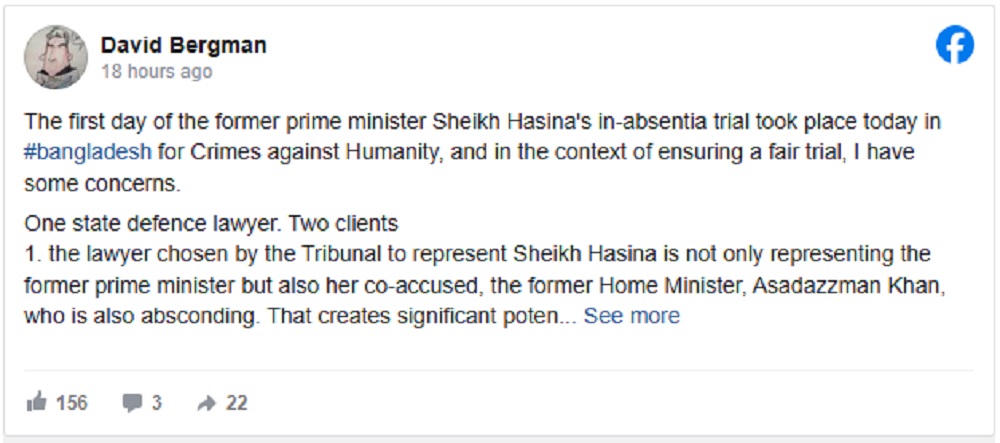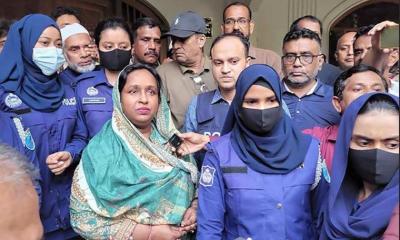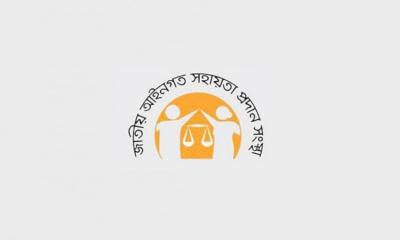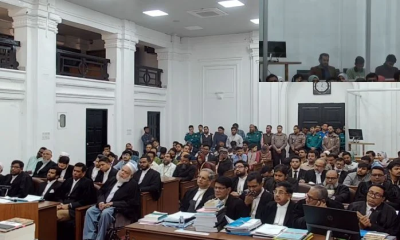British journalist and long-time observer of Bangladesh’s war crimes trials, David Bergman, has raised serious questions regarding the fairness and legality of the recently commenced trial of former Prime Minister Sheikh Hasina.
The trial, which opened on Sunday at International Crimes Tribunal-1, relates to alleged crimes against humanity committed during the July 2024 uprising.
Sheikh Hasina, along with former Home Minister Asaduzzaman Khan, is being tried in absentia. Both are represented by the same state-appointed defense lawyer—a decision that Bergman sees as a fundamental conflict of interest.
He notes that the two accused could have differing legal interests, and that a shared lawyer may compromise their individual rights to a fair defense.

Concerns were also raised about the short preparation window given to the defense. According to Bergman’s review, the lawyer received the prosecution’s evidence only five weeks prior to the start of the trial—an inadequate period to mount a meaningful defense for two clients, especially without direct communication with either accused.
Surprisingly, no request for additional preparation time was made to the tribunal, which Bergman described as highly unusual.
Another procedural issue highlighted involves restrictions placed on cross-examination. When the defense attempted to question a witness on discrepancies between earlier investigative statements and current courtroom testimony, the tribunal blocked the effort, citing a 2013 Supreme Court ruling.
Bergman points out the irony that this ruling had previously been criticized by some current prosecution figures during past trials involving Jamaat-e-Islami leaders. Their reversal in position now raises ethical and legal concerns.
The defense’s limited ability to challenge witness credibility was noted as particularly troubling, especially given the gravity of the charges.
Even though the defense lawyer received praise from the tribunal for his questioning, Bergman questions how effective a cross-examination can truly be when key lines of inquiry are legally obstructed.
Bergman concludes that if such precedents continue to guide proceedings—particularly those seen as controversial and unfair—the government may need to consider legal reforms to ensure a balanced and credible process.





-20260228063029.jpg)

-20260223074941.jpeg)

-20260121062240.jpg)




-20260304091720.webp)






-20260303080739.webp)










-20260225072312.webp)





-20260228064648.jpg)
